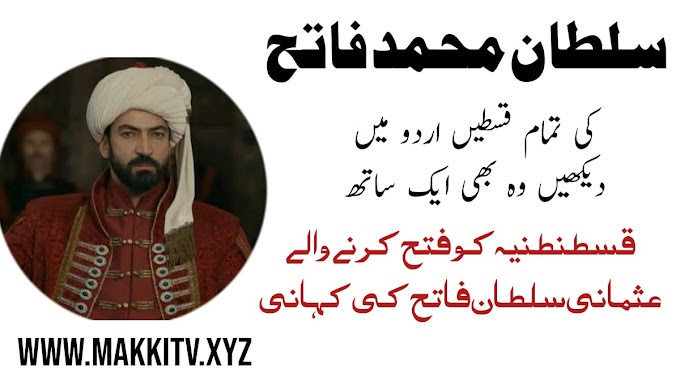This video is brought to you by enthralling history. Understudies of history are typically acquainted with the antiquarians want to compartmentalize the human races story perfectly. We like to separate the past into perfect little pieces that make it more straightforward to study, think about, and track progress as in the parts of a book. Be that as it may, beginner history specialists might be a little confounded by the name early present day Europe. Geologically,
fortunately, we are clear. We are discussing mainland Europe. In any case, early present day appear to be weird qualifiers. It is fairly divergence that the American student of history Jack Goldstone really calls it a heavenly futile term. In any case, it is broadly used to mean a period among middle age and innovation. Between the Middle Ages and the modern age. Accordingly, antiquarians attempt to separate this time span as not the same as the middle age region that wen
Real History Of Europe
t previously. Yet, going before the progressions during the modern transformation to come later. Thus, the muddled term early present day Europe. Generally talking, we are tending to the years between the late th century and the late th century. No matter what the continuing issues of periodization, Europe went through various advances during this time. Whether we are discussing the transformation, the renaissance or the ascent of realism, Europe experienced essential changes in the public eye, religion, thoughts, and regular day to day existence.
Pinpointing a beginning date can be useful. Numerous history specialists utilize the innovation of the principal European portable sort printing process in by Gutenberg as a starting point for the early current time frame in Europe. Portable sort permitted individual characters to be organized to shape words. Making the composed word more open to huge swabs of European populaces.
Brief History Of Europe
This is a characteristic beginning stage for history specialists as it assists with outlining the significance of the spreading of thoughts in forming the next hundreds of years. Because of the press. New and compelling works by any semblance of Martin Luther, Thomas Moore and Nicholas Macchiovelli were extensively perused, examined, and abided upon such that was preposterous before this development. Martin Luther himself frequently includes right off the bat in any
educational program content for early present day Europe. That is on the grounds that the transformation account for the most part starts with the sticking of his 95 proposition on the entryway of the Wittenberg Church in Germany in fifteen seventy. Martin Luther in supporters were voicing their resentment at saw debasement inside the Catholic Church. Explicitly scrutinizing the act of guilty pleasures. This started the incredible split inside Kristendom.
Changing the strict scene of Europe for the next few centuries. Alongside other protestant reformers like John Calvin and Haldrick's Wingley. Martin Luther drove developments that scrutinized the congregation's position however advanced to resolve philosophical doctrinal issues.
History Of Europe Extra History
Thoughts, for example, leaning on an unshakable conviction alone and by sacred text alone demanded that the Bible was the main expert for Christian practice and that salvation lie exclusively in conviction these thoughts were groundbreaking thus division as a few categories of protestant precept arose including Lutherans Calvinists Anglicanism and Anna Baptist all with various translations in how to rehearse their confidence
it is challenging to comprehend the importance the reconstruction played in European individuals' lives. Not least on account of the fighting that came about as nations became partnered with one or the other protestantism or Catholicism. Prompting strict struggles. The most critical of these was the years battle from to . Finishing with the tranquility of Wesphalia.
Centreed around the Holy Roman Empire in states that make up cutting edge Germany and Central Europe. The contention was started with Ferdinand the second's climb to head of condition of the Holy Roman Empire. A stepping Ferdinand endeavored to force his confidence regarding his matters. Going against the tranquility of Augsburg Treaty from the earlier 100 years.
There was an early endeavor to cherish specific strict opportunities. Numerous German districts were administered by Protestant princess and dismissed Ferdinand's position to force strict regulations upon their spaces. Giving the flash to a drawn out struggle. Over the course of the following years, quite a bit of Central Europe became entangled in the conflict. With Hapsburg supportive of Catholic states, battling in a few fields against the
Northern Protestant territories and the Scandinavian states. The conflict was a perplexing battle and history specialists frequently highlight the dazzling absence of tact as a variable for the fierce and nonstop nature of the obliteration. As the conflict proceeded, its thinking turned out to be less about the underlying strict faction and more about how Europe would be represented in the repercussions. Anything the reasons and aspirations of the authority,
the enduring effect on Central Europe's kin was disastrous. It is assessed that a % of the whole German populace passed on during the contention. These passings were not simply direct casualties of fights. They were survivors of the sickness and starvation that distressed the district as armed forces wrecked their direction through the land. Eventually, the contention finished with the tranquility of Wesphalia which restored the tranquility of Augsburg. All states consented to maintain the rule that the sovereign reserved the option to decide his area's religion.
Yet, there would likewise be opportunity of love for all destinies during a ton of times and voluntarily in private. The enduring effect of the harmony is hard to survey. Notwithstanding, antiquarians guarantee that right after the years war, Catholic states basically abandoned endeavoring to recover land for their actual confidence. This philosophical mission turned out to be less significant as a more current feeling of genuine governmental issues assumed control over a state's energy for power. Exclusively for power. For example, the counter reorganization took on an alternate tone as Catholics seeks the worldwide scale for changes over with the of Sasanis like the Jesuits.














0 Comments
Thanks For Makki Tv Website Visit Please Contect My Whatsapp Number For Updates 03155017246